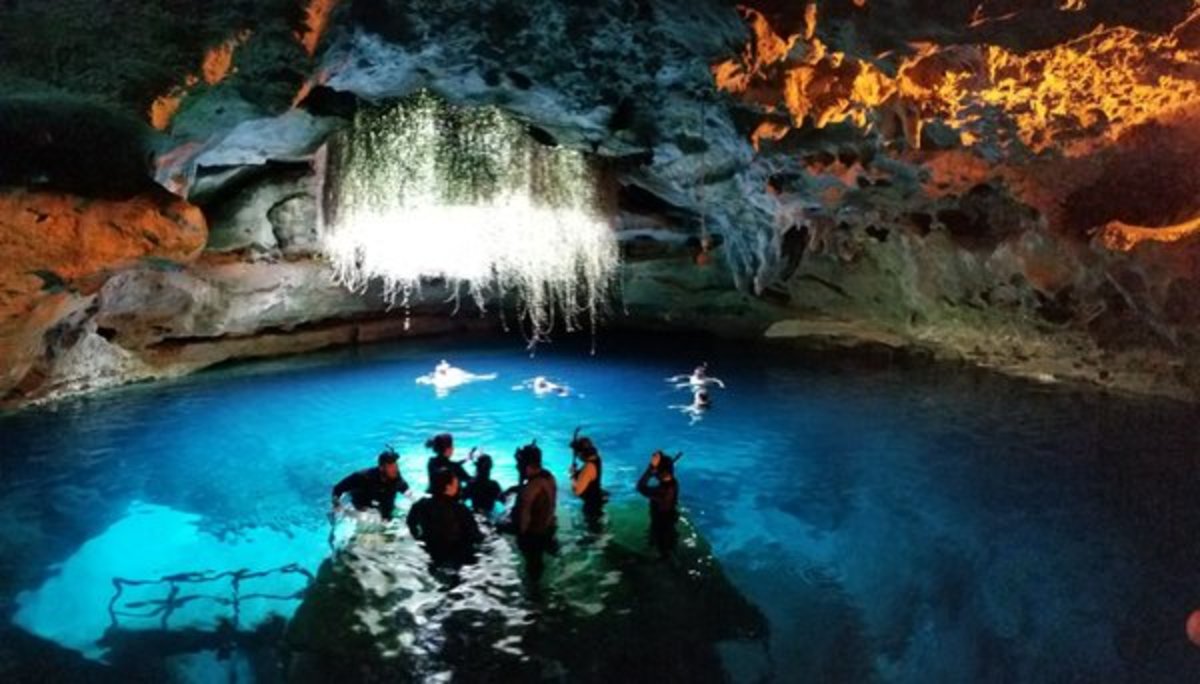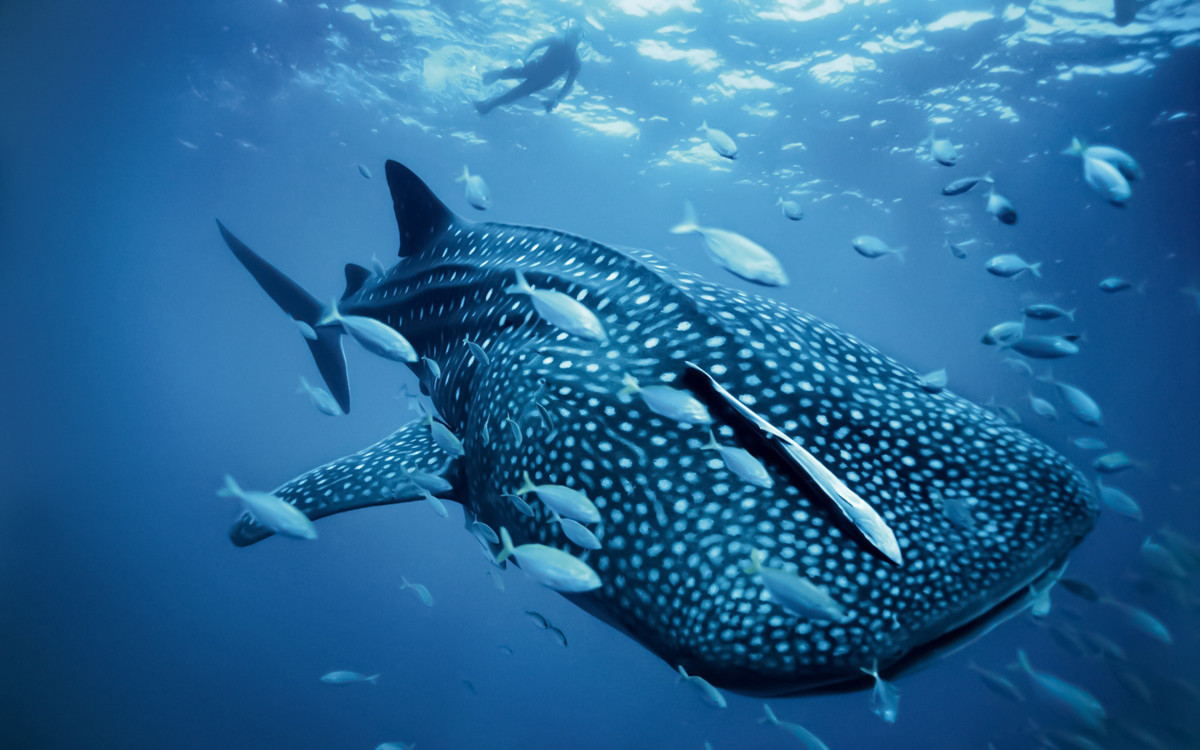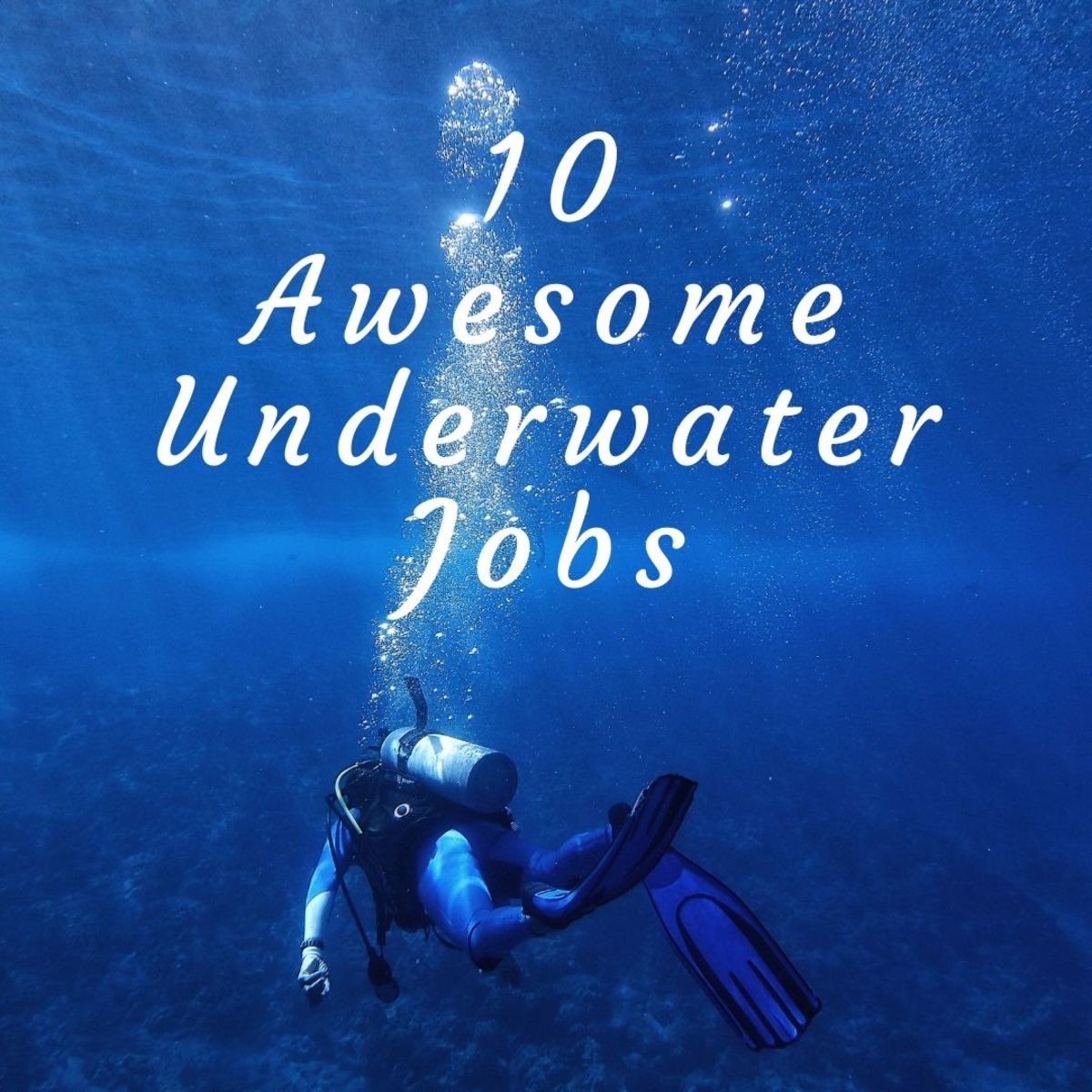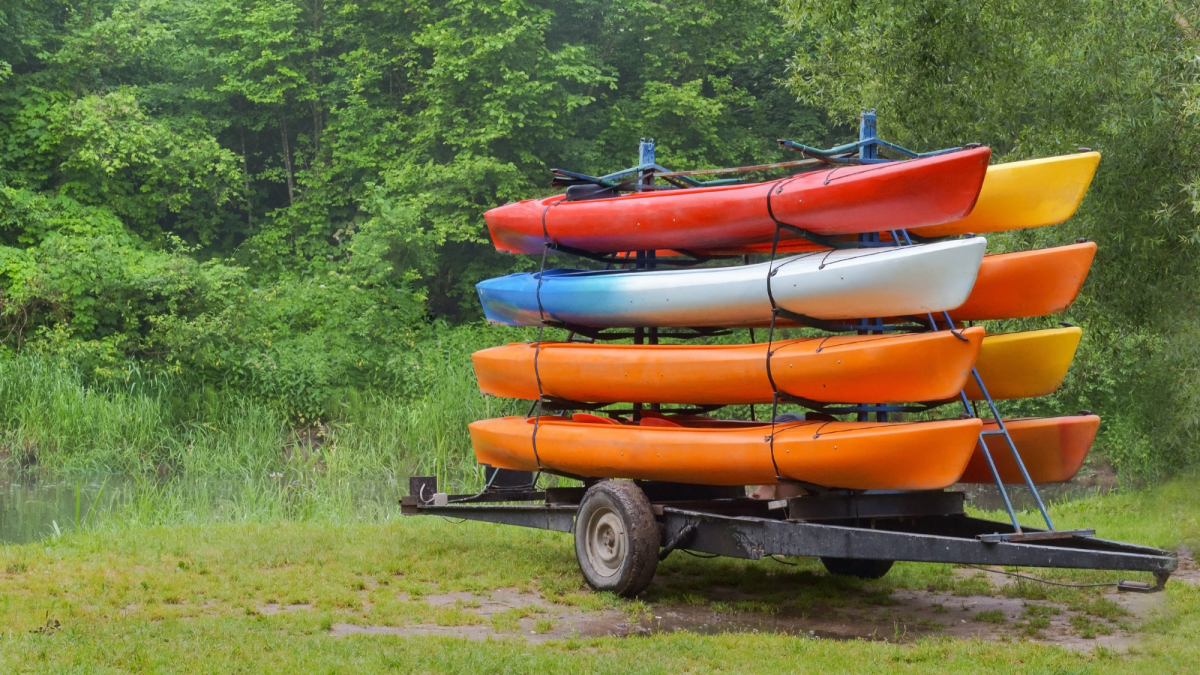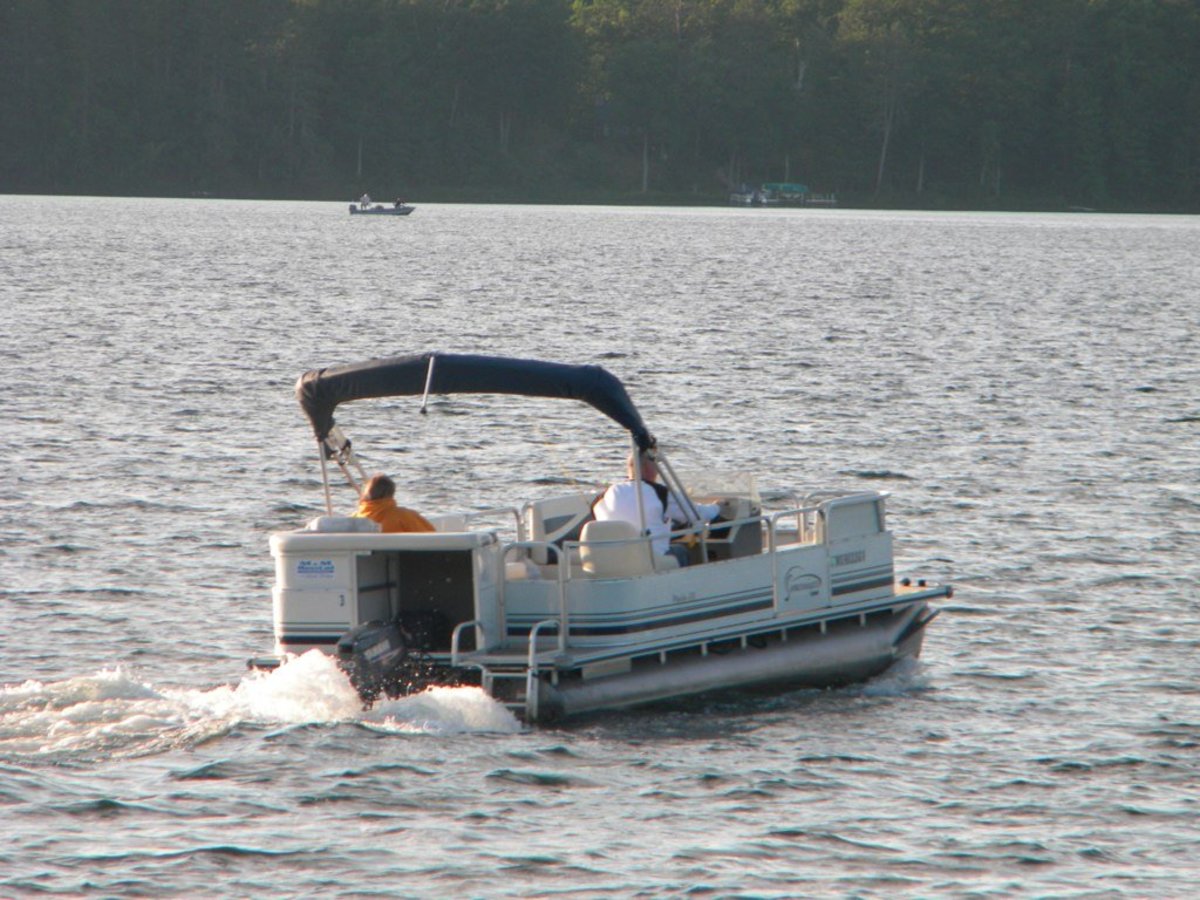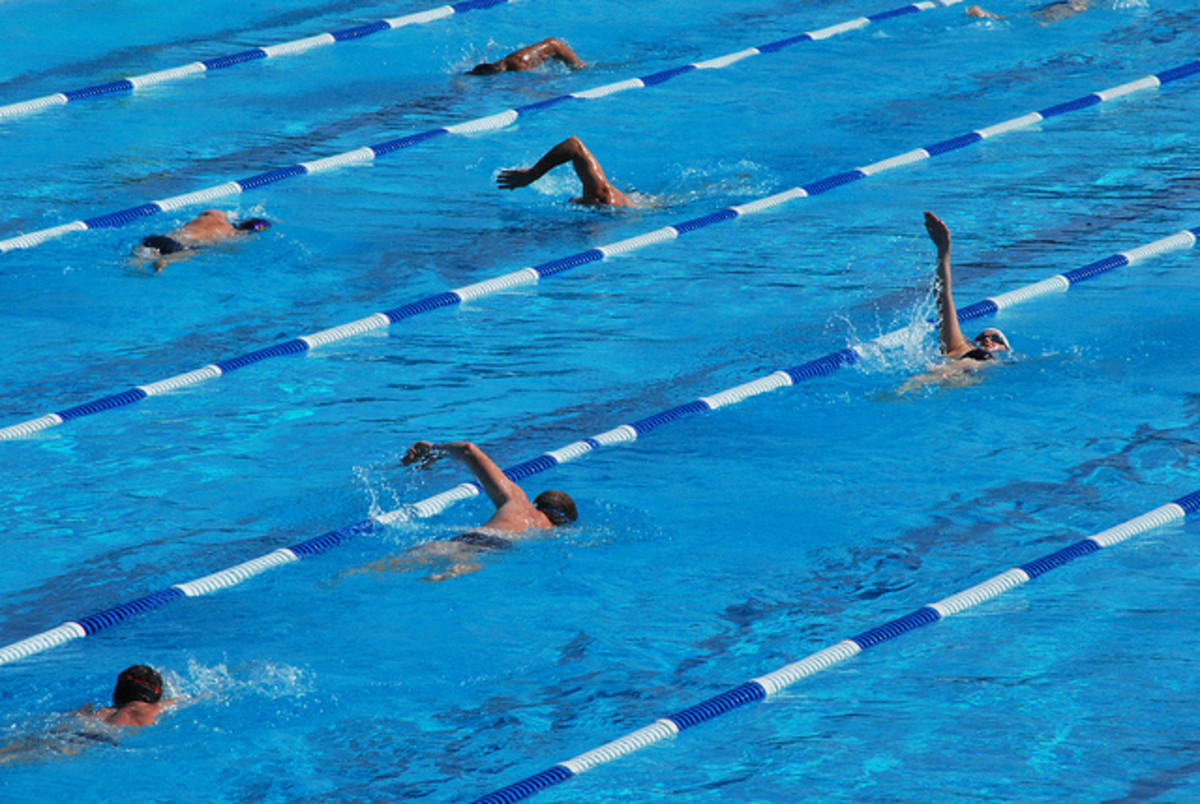- HubPages»
- Sports and Recreation»
- Individual Sports»
- Water Sports
Scuba Divers: Advocates for the Undersea Environment
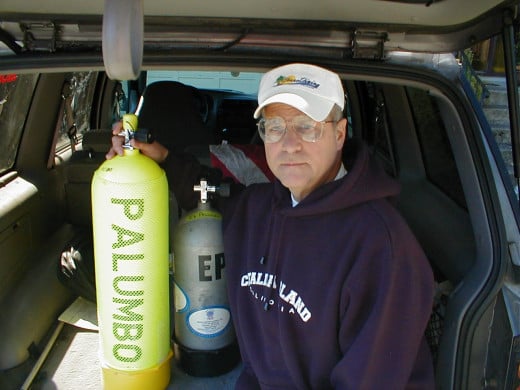
There are sports, hobbies and activities for every individual, and we gravitate toward those that interest, educate, excite, or challenge us. Scuba diving appeals to a broad spectrum of interests in many of us, to the naturalist or marine biologist, to the aquarist, to the adventurer within us that wants to explore this different and weightless environment. When I stand on the shore and look into a body of water, I want to see what marine or aquatic life lies beneath the surface.
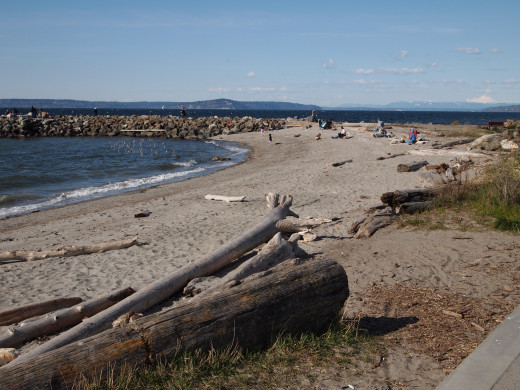
Divers are part of my social circle, and it’s easy to forget that those who don’t dive may not have a resource for their questions. We see fascinating programs on public television or the Discovery Channel about exotic locations and colorful marine life, and we watch divers swim through schools of fish, around coral formations, and wonder what may have prepared them for that, but many don’t see scuba diving as an interest that lies within their reach. Many have presuppositions about the expense, the hazards, the difficulty of the training, but they have no objective reference or experienced voice to dispel the myths or overcome the misinformation they’ve received from well-intended but untrained sources.
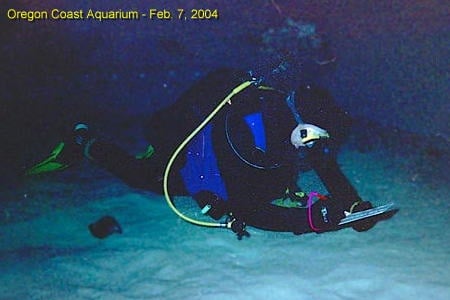
I now live in the Pacific Northwest and most of my diving is conducted in the Puget Sound and Hood Canal in Washington State. I began diving in 1966, and set diving aside for a great while to address other priorities, returning to it in the mid-‘90s to see that newer equipment options (buoyancy compensators, gauges, etc.) had greatly enhanced dive safety and improved the learning curve. I’ve been diving for a while; however, at age 73, some of the spring has gone out of my step. I usually step ashore for a surface interval after a dive, and sip some water or nibble on a protein bar or Hershey bar while resting between dives. I may have switched air cylinders, putting a relatively empty one aside for a full one in preparation for the next dive, but I’m wearing a wetsuit, surrounded by my gear, and this is usually a time when others, often youngsters, have questions (since adults seem somewhat more self-conscious).
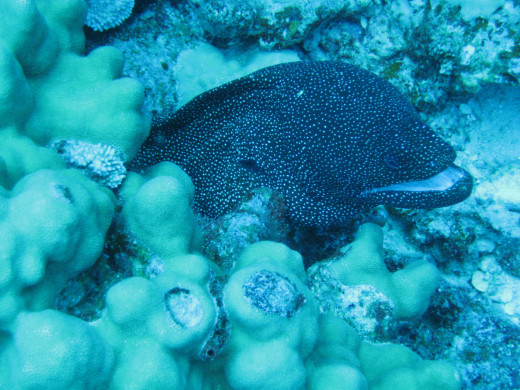
Among friends, we’re usually more than willing to share information about the activities we enjoy, but we may be less prepared when approached by strangers at a dive site. Questions asked by an adult or child are often relatively predictable: What do I see under there? Are there dangerous animals? Have I ever been hurt or had an emergency during a dive? Do I encounter sharks or dangerous creatures that bite?
In order to be approached, we have to appear approachable. As divers, we really are ambassadors for scuba and proponents for the undersea environment. Timing may not be ideal for those who have questions, but they don’t know that. I remind myself (and I ask other divers) to generate the patience, good will and enthusiasm to answer questions with a smile and encouragement when dealing with adults or children. If you want to discourage questions, treat them as though they are an inconvenience or an intrusive annoyance.
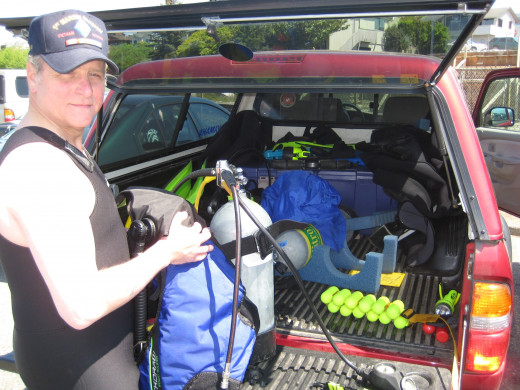
One of my dive acquaintances was a safe and knowledgeable diver, but not what you’d call a well-socialized human being. When approached, he seemed short-tempered, rude and conducted himself as though every question merited nothing more than a curt, monosyllabic response. When I discussed that with him privately, he answered that it was not his primary responsibility to educate others about diving. This attitude was not isolated to diving, and he found it difficult to productively interact with others. Diving, at its best, is a team effort and some people are not team players. There are points on which we sharply disagreed.
As divers, I believe we must accept the responsibility to share our knowledge of diving and the undersea world, and to improve public awareness of the condition and vulnerability of the marine environment. If you have been trained, you are obliged to assist, train and educate others. At the very least, it is our responsibility NOT to discourage others. We must not extinguish their curiosity.
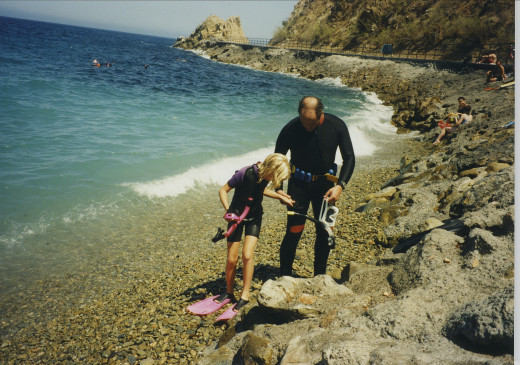
Do not dismiss youngsters as unlikely candidates for diving. My son, now 27, first used a scuba regulator and dive equipment (at his request and with qualified supervision) in a swimming pool at age 9 through a youth program called "Scuba Rangers" administrated by Scuba Schools International. You may be assured, if I didn’t think it was a manageable risk and my son was psychologically ready, I would not have enrolled him in such a program, but he was very comfortable in the water and able to follow instruction. An adult or youngster who can relax in the water while using a mask, snorkel and swimfins is well on the way to becoming a proficient scuba diver.
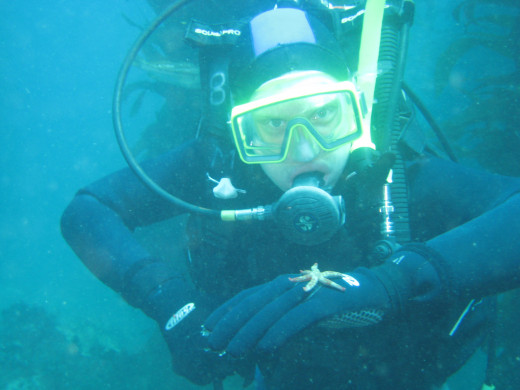
My son, Daniel, was PADI-certified as a Basic Open Water diver at age 14, the youngest in his class or group to certify. Subsequently, I have witnessed how gently and respectfully he treats marine life and I’ve witnessed a few of his discoveries underwater. As a diver, as a parent, I’m very pleased to share this environment with my son. I know in my heart he will respect it and care for it long after I’m gone.
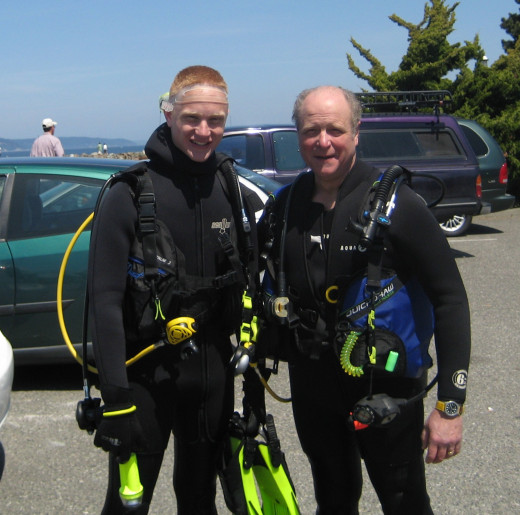
Most people will protect what they personally value. The more people understand the undersea world, the better educated their decisions will be on environmental issues in the voting booth, and the more active their support will be when the marine environment needs public support, and the more likely they will be to influence others.
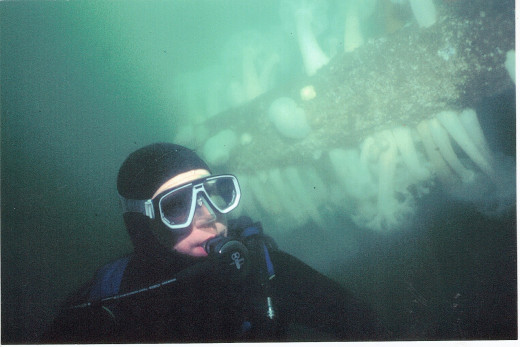
We do well to remember the questions we had before we became divers, and to recognize basic curiosity as a first and continuing step. I remain curious because I learn something, witness some new behavior or discover a different creature with almost every dive! I continue to attend and appreciate classes in fish recognition and recently developed an interest in underwater photography because I admire the work that has been done by others. It’s a marvelous way to share the beauty and color of the sea with others!
If we pursue it, we may find rewarding opportunities to volunteer with aquariums such as those located in Monterey, CA, Newport, OR, Vancouver, WA, and elsewhere. There is often a shortage of qualified volunteers to clean the exhibits, maintain the equipment, check on the well-being of the sea life and feed the creatures in the exhibits.
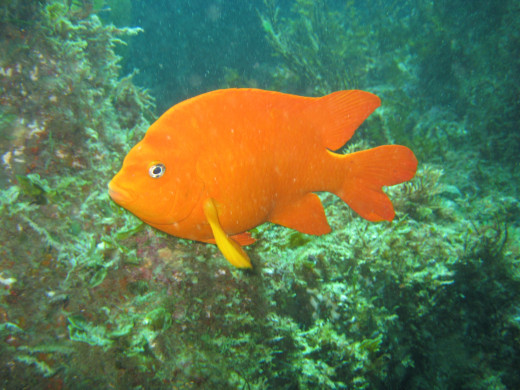
Most of us are proud to be recreational scuba divers. I’m aware of no negative image or stereotype associated with diving, and I welcome others who are interested in scuba diving. Students at the junior college and university level may have generated interest in scuba as snorkelers or have been encouraged by those who shared their wonder and appreciation of the subsurface world.
The question you answer today may provide the necessary information or incentive needed for someone to pursue additional information and instruction. A positive impression, a motivator, is often a seed that often takes a long time to germinate. Answer questions with human respect, without a condescending or a patronizing manner. How you respond says more about you as a human being and a diver than you may suspect.
Dive safely and frequently,
Edward J. Palumbo
PADI Rescue Diver 0305074448
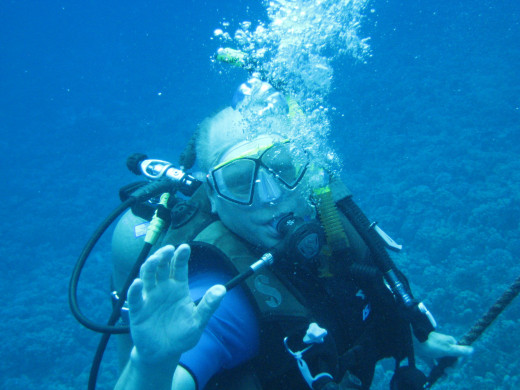
© 2013 Ed Palumbo


